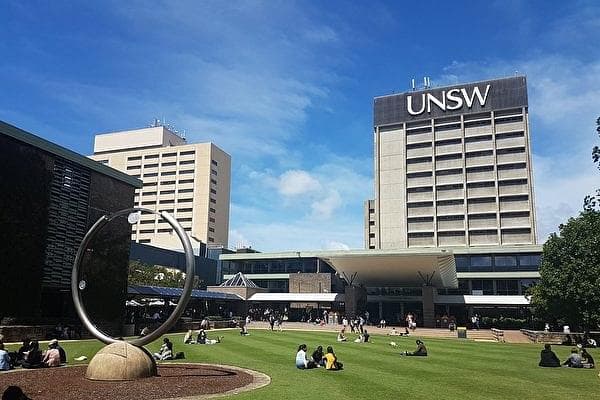Program structure
This degree covers a range of statistical theory and practice and provides advanced training in the principles of mathematics and statistical analysis. In addition, the program provides the necessary preparation for further research in statistics.
Full program structure
The Master of Statistics can be completed in 1.7 years of full-time study. The program is made up of 10 courses, including two core courses and eight electives. You’ll also complete a compulsory supervised research project.
Research project
- You can choose to take the MATH5925 Project in one term, or the Advanced Mathematics Project A (MATH5005) and Advanced Mathematics Project B (MATH5006) over two consecutive terms.
Core courses
- Advanced Stochastic Processes
- Statistical Inference
Elective courses
You’ll complete eight courses from the following list of electives.
- Optimisation
- Special Topics in Applied Mathematics A
- Special Topics in Applied Mathematics B
- Fluids, Oceans and Climate
- Special Topics in Applied Mathematics D
- Computational Mathematics for Science and Engineering
- Computational Mathematics for Finance
- Graph Theory
- Combinatorics
- Special Topics in Pure Mathematics A
- Special Topics in Pure Mathematics B
- Special Topics in Pure Mathematics C
- Functional Analysis
- Banach and Operator Algebras
- Number Theory
- Algebraic Topology
- Complex Analysis
- Modern Analysis
- Harmonic Analysis
- Galois Theory
- Modules and Representation Theory
- Special Topics in Statistics
- Applied Regression Analysis
- Continuous Time Financial Modelling
- Measure, Integration and Probability
- Statistical Methods in Epidemiology
- Advanced Stochastic Processes
- Data Mining and its Business Applications
- Time Series
- Survival Analysis
- Multivariate Analysis
- Longitudinal Data Analysis
- Nonparametric Statistics
- Statistical Inference
- Design & Analysis of Clinical Trials
- Categorical Data Analysis
- Bayesian Inference and Computation
- Discrete Time Financial Modelling
- Introduction to Stochastic Analysis


